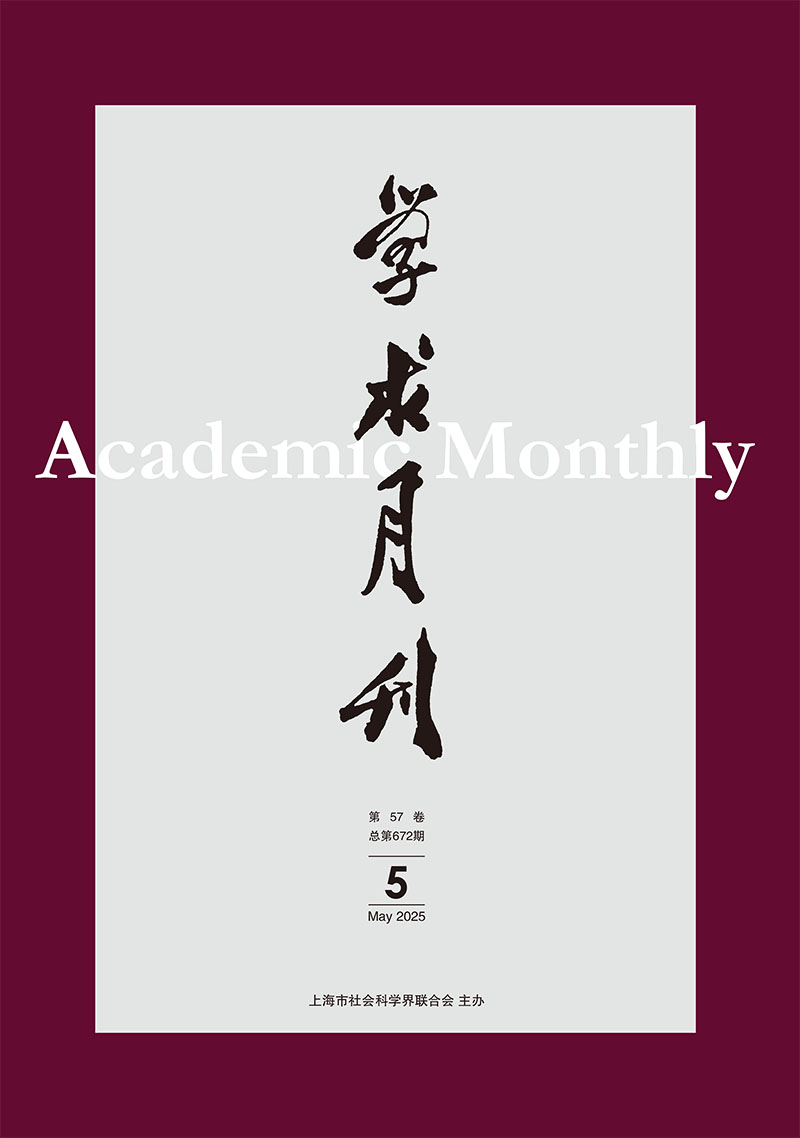On the Philosophical Grounds of Commonsensical Ethical Canons——From the Lens of Kitarō Nishida's Philosophy
Abstract: The so-called "commonsensical ethical canons" refer to cross-culturally holding ethical guidelines encouraging, say, the care of the old and the weak, the respect of human rights, among others.There are three sources for revealing the affordability of these canons in Kitarō Nishida's philosophy.The first source is a semi-Hegelian structure facilitating the interaction between the extreme particularity of perceptions and the extreme generality of Absolute Nothingness.It is this structure, which is brought into Nishida's picture via his "Actor"-based narrative, that further facilitates Nishida's attempt to introduce universally applicable ethical codes into specific scenarios.The second source of a normal ethics in Nishida's philosophy is a phenomenologically achievable grasp of "modality", which means the inter- worldly holding structure among the actuality and its surrounding possibilities.When supplemented by a Fichtean notion of Will desiring to travel through as more possible worlds as possible, the preceding modality-based picture would immediately yield the notion of "oughtness", the underlying conceptual apparatus for nearly all ethical narratives.The last source of a normal ethics in Nishida's philosophy is "Thou", namely, another respectable "I" representing all human- beings.Notably, Nishida's account of the I-Thou relationship is heavily theologically/aesthetically-laden to allow him to smoothly fill the gap between ethics and the philosophy of religion/art.Since all the three sources are missing in Heidegger's philosophy, whose authenticity/inauthenticity dichotomy frustrates the assimilation of any of the three resources into its own system, it would be no surprise to find that his philosophy is relatively normal-ethics-unaffordable.



 沪公网安备 31010102003103号
沪公网安备 31010102003103号 DownLoad:
DownLoad: